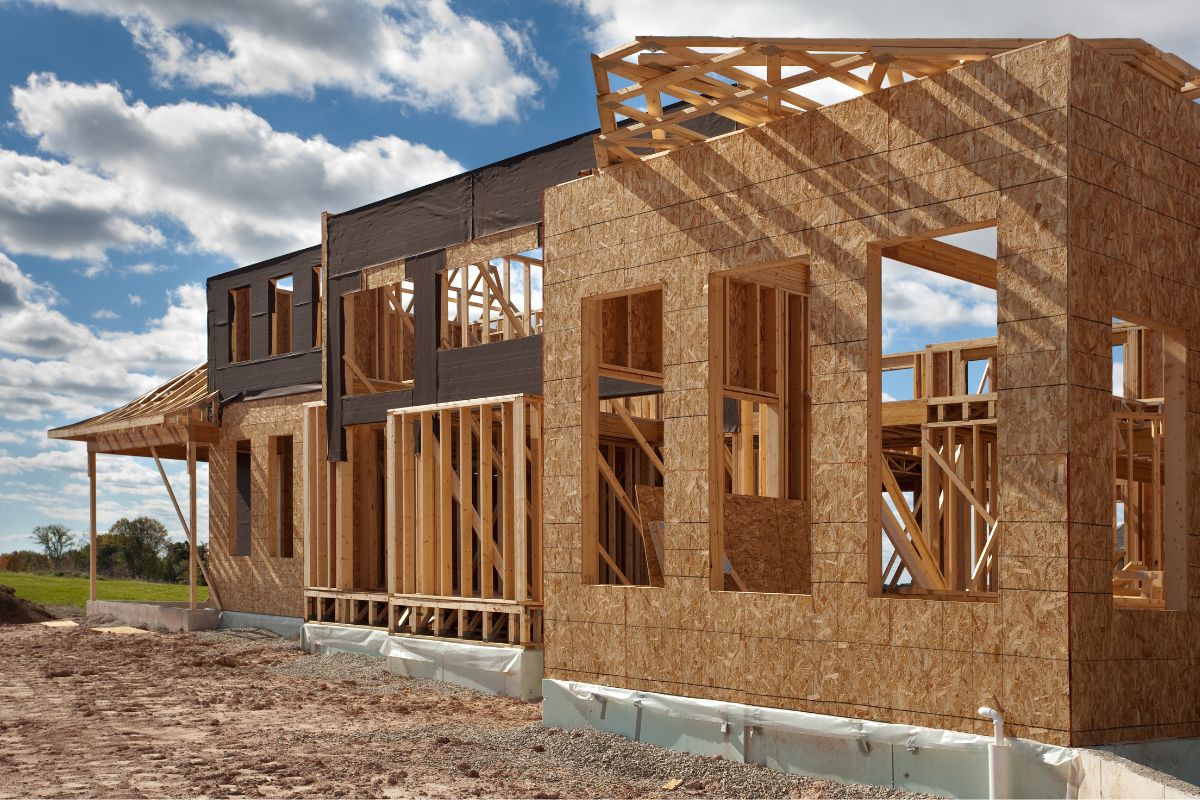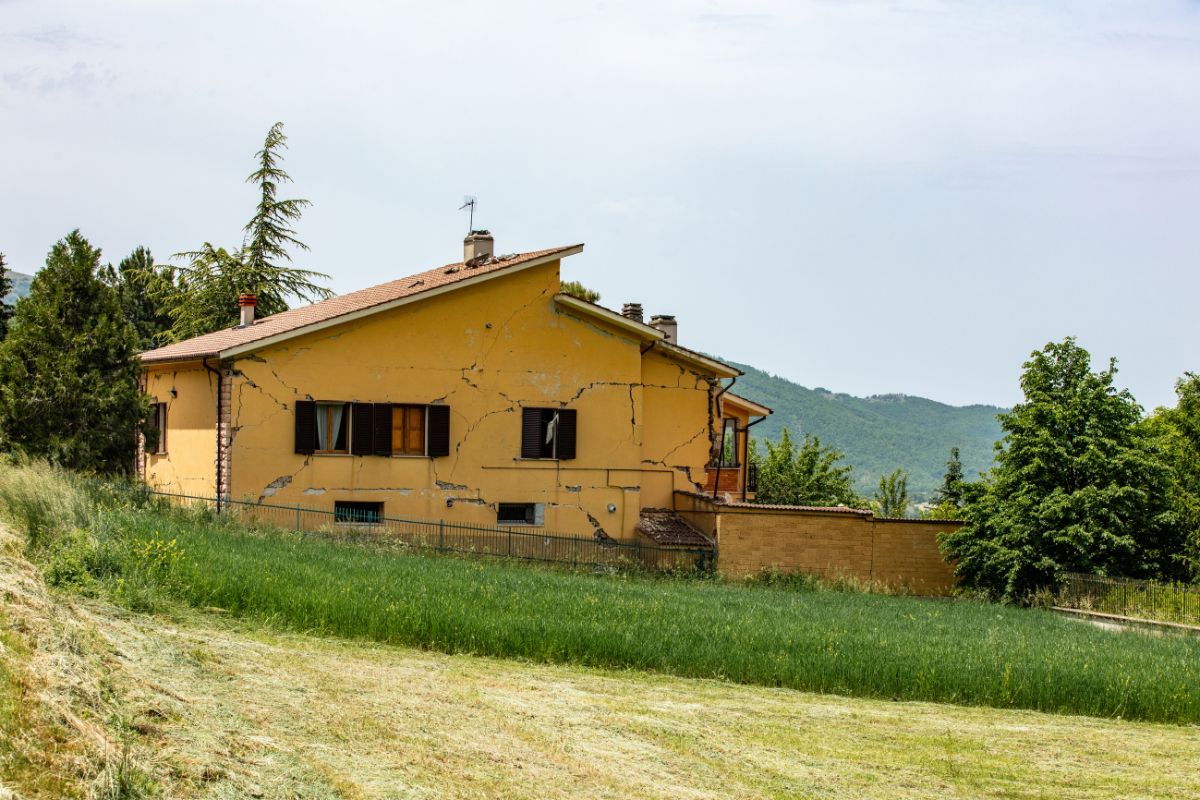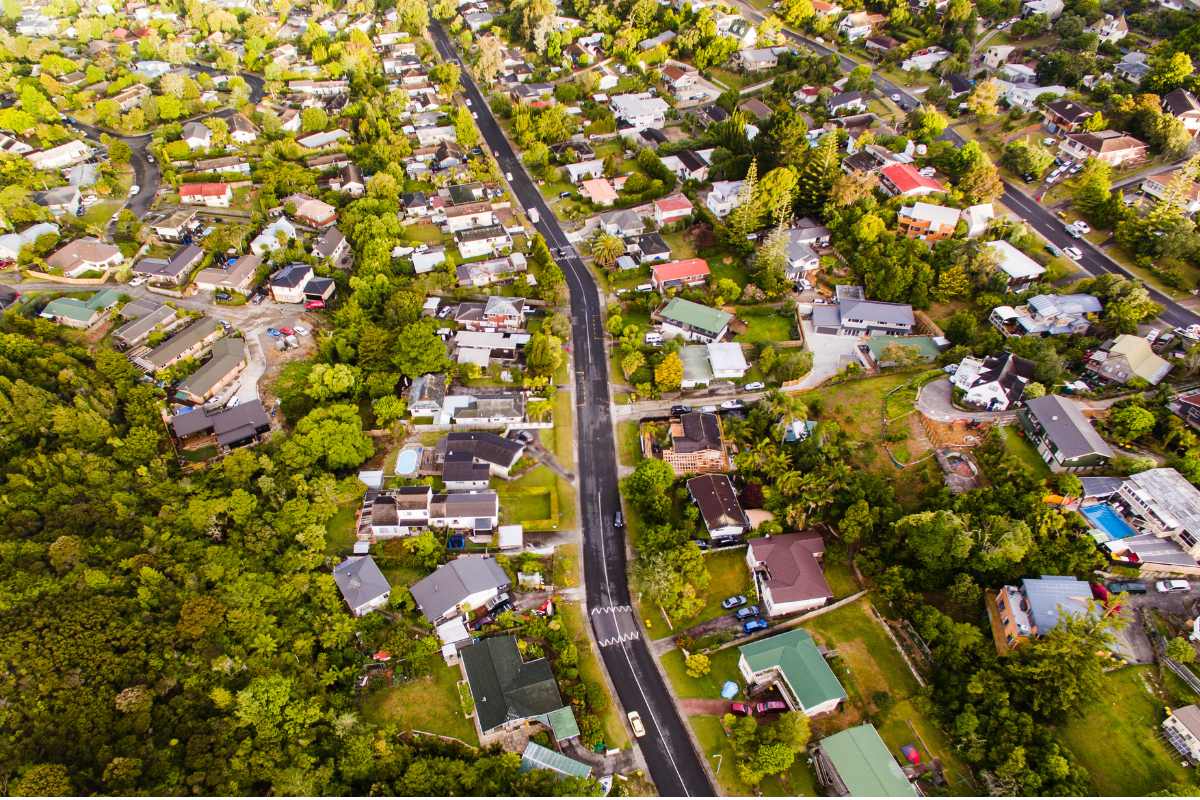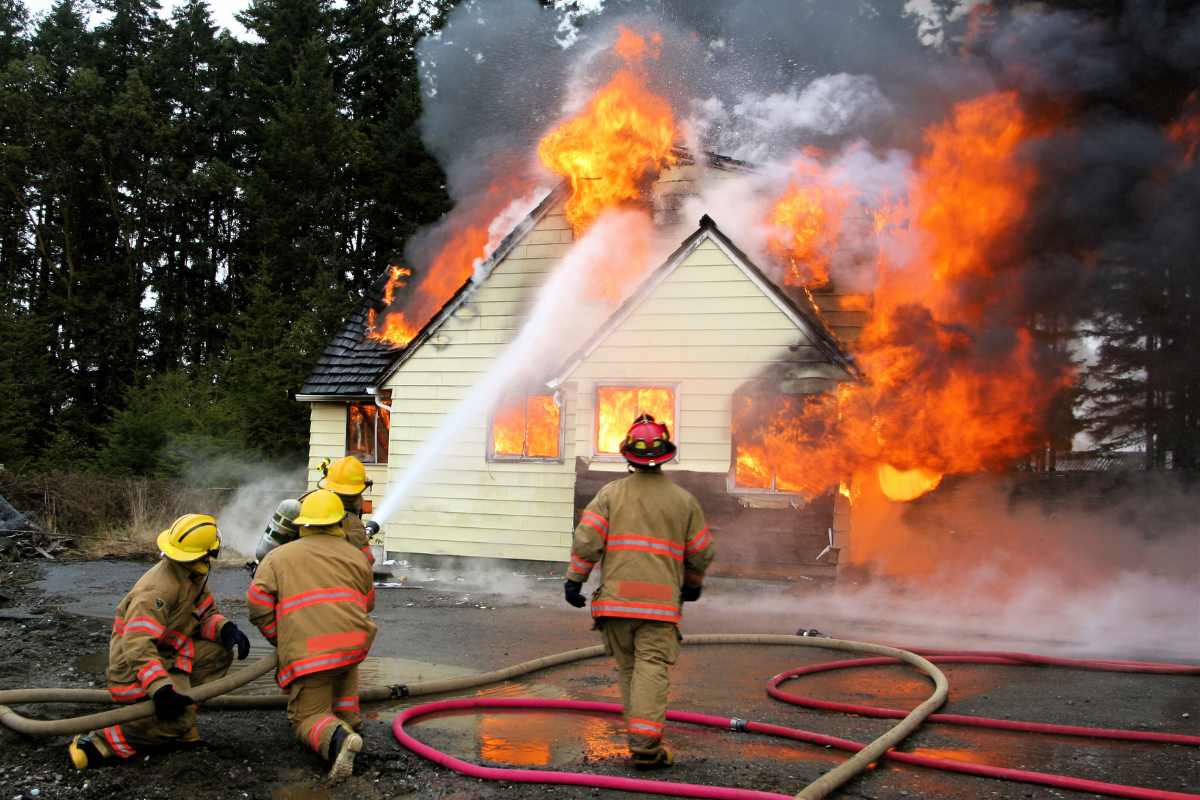Structural Engineer Report for Your House: What You Need to Know
Has your house been damaged in an earthquake, landslide or water ingress? Or has your house been repaired or altered, but you believe the repairs may not have been done properly? Perhaps you just want a second opinion for peace of mind or insurance purposes.

What is an Engineer's Report?
Where a builder’s report looks at the way a building is put together, an engineer will provide a professional opinion as to the structural integrity of the building with focus on likely causes of any damage where requested, and potential remedial works.
Engineers reports are often used in insurance claims or to provide owners with a remediation plan that gives assurance that ongoing problems will be fixed.
What Does an Engineer Look For in a House?
When an engineer looks at a house they are trying to establish whether or not the house still sits square with no settlement issues or structural deterioration.
Signs can include water ingress, cracks above doors and windows, windows/doors not closing properly, movement of cladding, rot in the sub structure, inadequate piles that are settling, sagging beams, signs of extensive corrosion or signs of movement in the soils or finished surfaces around the building.
Clearly, there are certain limitations in this regard as the engineer can only base their opinion on their experience and what they can see, as often much of the structure is concealed.
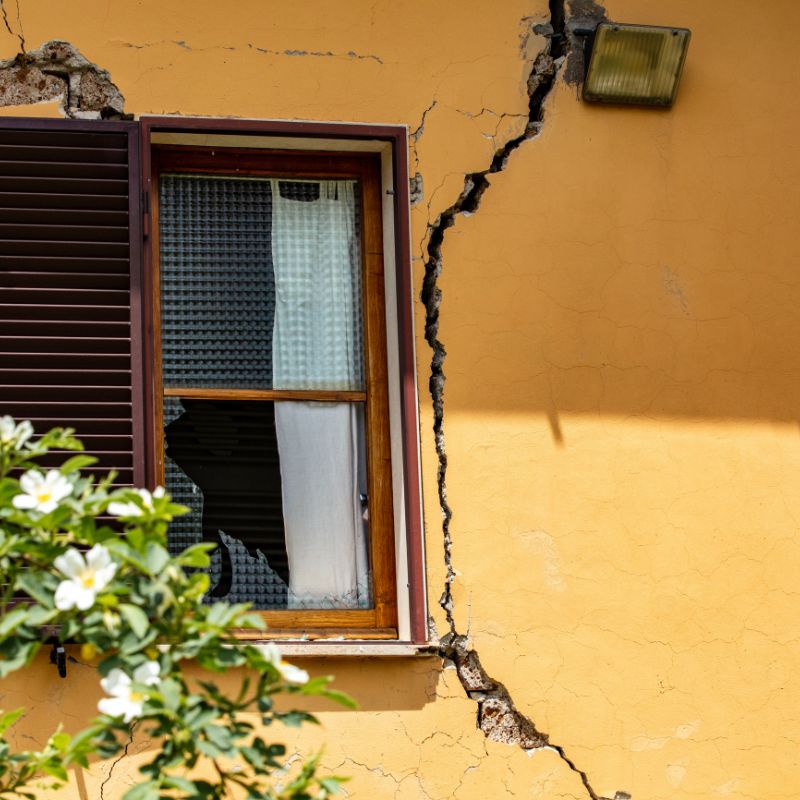
What Does a Structural Engineer's Report Cover?
Included will be the scope of the report as per the brief from the client, what investigations were carried out and a summary of findings.
Generally speaking, a thorough report will start at the roof and work down through the building, describing any potential issues and then address the surrounding environment where it impacts the structural integrity of the house.
A professional engineer would have an obligation to report on matters outside the brief where they have occasioned upon these issues and deem them to be relevant or a health and safety issue or involving a cost of repair.
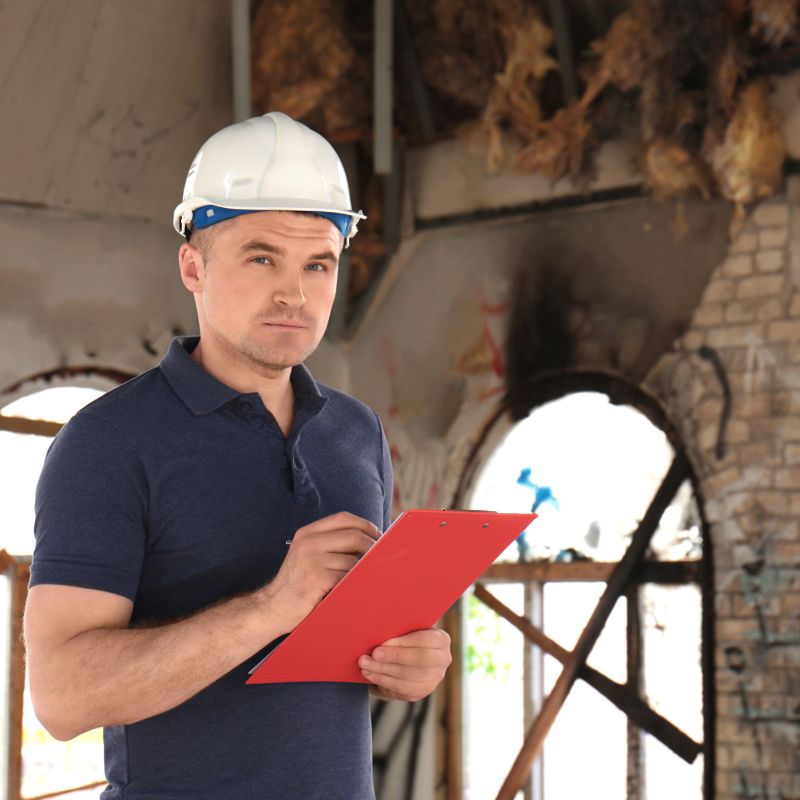
A Structural Engineer Report for Repairs
After an earthquake or similar destructive event, if your property has been damaged or floor levels are out, you may be eligible to make a claim to the Earthquake Commission (EQC). EQC will generally ask for an engineer’s report to judge the extent of earthquake-related damage against historical damage. Based on a desktop study of previous information and site findings, a structural engineer can assess if the damage is likely to be related to the event in question or not.
A structural engineer can also assess whether any previous repairs were done correctly to building standards. After the Canterbury earthquakes, a 2015 Home Inspection Survey Report by MBIE found that 32 out of 90 homes had repairs that were non-compliant with the Building Code. If you think there could be an issue with your repairs, there’s a fair chance you’re right.
Even if you already have a structural assessment report from one engineer and would like a second opinion, an independent structural assessment report is something you may want.
A structural engineer will detail what repairs are necessary in order of priority (must-have or nice-to-have) and can help greatly with finding you suitable contractors and with the planning and project management of your repairs.
A Structural Engineer Report for Insurance
Are you looking to buy or sell a house? An engineer’s report written by a chartered structural engineer provides more certainty regarding the structural condition of your house than a builder’s report.
Your prospective insurer will consider this for the policy wording (e.g. issuing insurance without exclusions, higher imposed excess for structural claims, cover for existing damage).
As-is-where-is Properties
Did you buy a house on an “as-is-where-is” basis? Are there any outstanding repairs or alterations that weren’t completed previously? You’ll first need a structural assessment so the engineer can develop a scope of repairs.
This can then result in a repair design that will meet today’s standards and end with a fully consented property. It is likely that any such work would require a Certificate of Acceptance and/or a Building Consent.
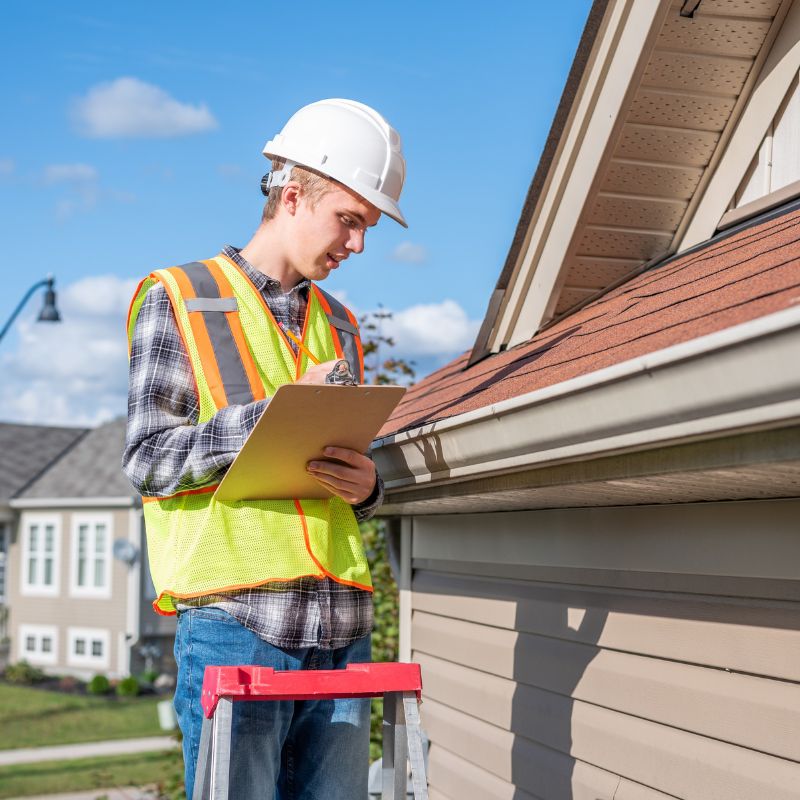
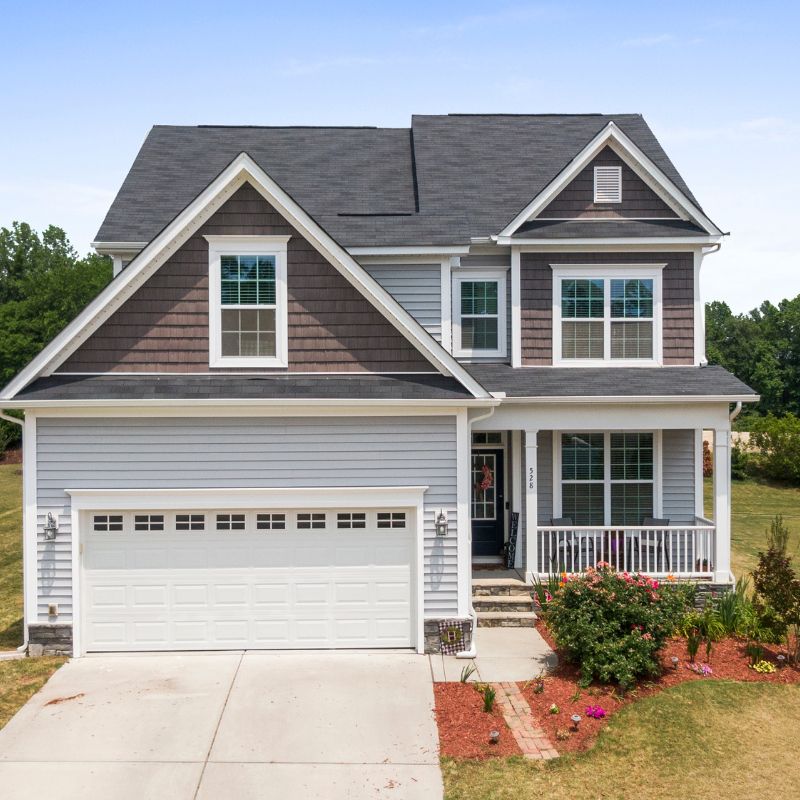
A Structural Engineer Report for Peace of Mind
Maybe your existing house or one you’ve just purchased has been repaired and consented and is fully insured.
Despite this, sometimes you notice things that don’t seem right and just want peace of mind that your house is safe and sound. One situation might have to do with neighbouring properties and encroachment on your boundary.
Sometimes cracks can appear that you think were present before purchase but are concealed and now becoming more noticeable. These are common reasons for people to source structural reports.
What is Involved in a Structural Engineer's Report?
A structural assessment report generally includes the following items:
- A concise description of the building – construction materials, building age, foundation type.
- Building site description – boundary issues, noting any signs of liquefaction, lateral spreading or other issues.
- A full review of any previous information – builder’s reports, subfloor surveys, EQC documents, property files, previous alterations/extensions, any unfinished works, and the status of required consents.
- Observed damage – to the exterior, interior, floor levels, subfloor/foundations.
- Recommendations on repair, rebuild or further work as required.
- Repair design (PS1).
- Can include repair construction monitoring and engineering “sign off” (PS4).
Multi-unit Dwellings
An apartment or an attached townhouse building has more complexity than single detached houses as they usually have different owners in different situations. There may be several floors, and this adds further to the complexities.
The unit/s may be underinsured or even uninsured. One unit may have more damage than another. Damage to one may have a spillover liability for another. There are usually easements and perhaps cross-lease structures.
There are stricter guidelines for these buildings; your engineer can guide you through the ins and outs from a structural perspective.
Apartments are another whole story – talk to us about this
Get in touch with Us
If you are looking for a structural engineer for an engineer’s report for your house, please get in touch with Proconsult for a discussion, during which we can work out a fee structure.

Author: Stewart Hobbs - Principal Engineer at ProConsult
Stewart is the journal editor for SESOC (Structural Engineering Society New Zealand (Inc.)

